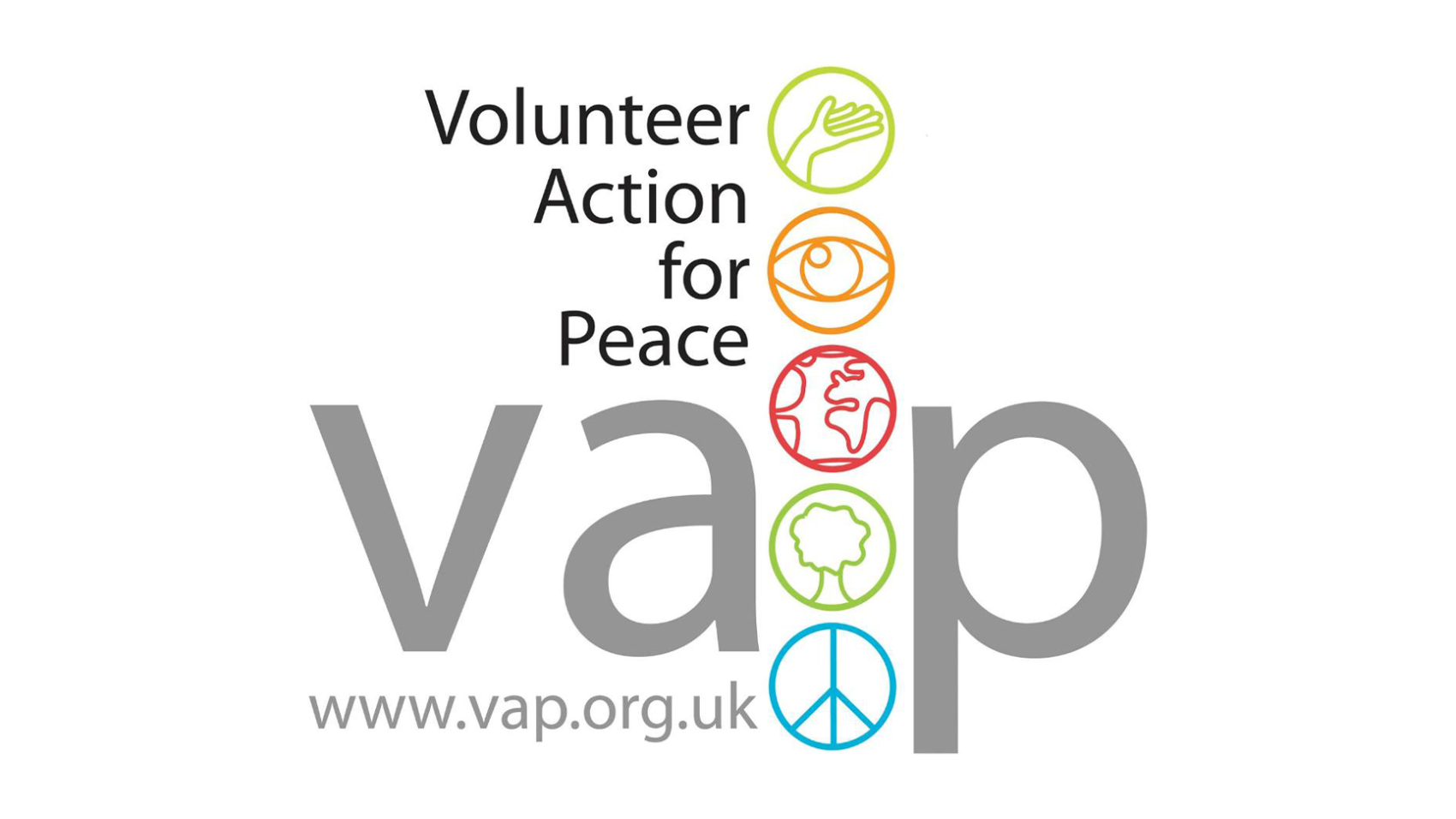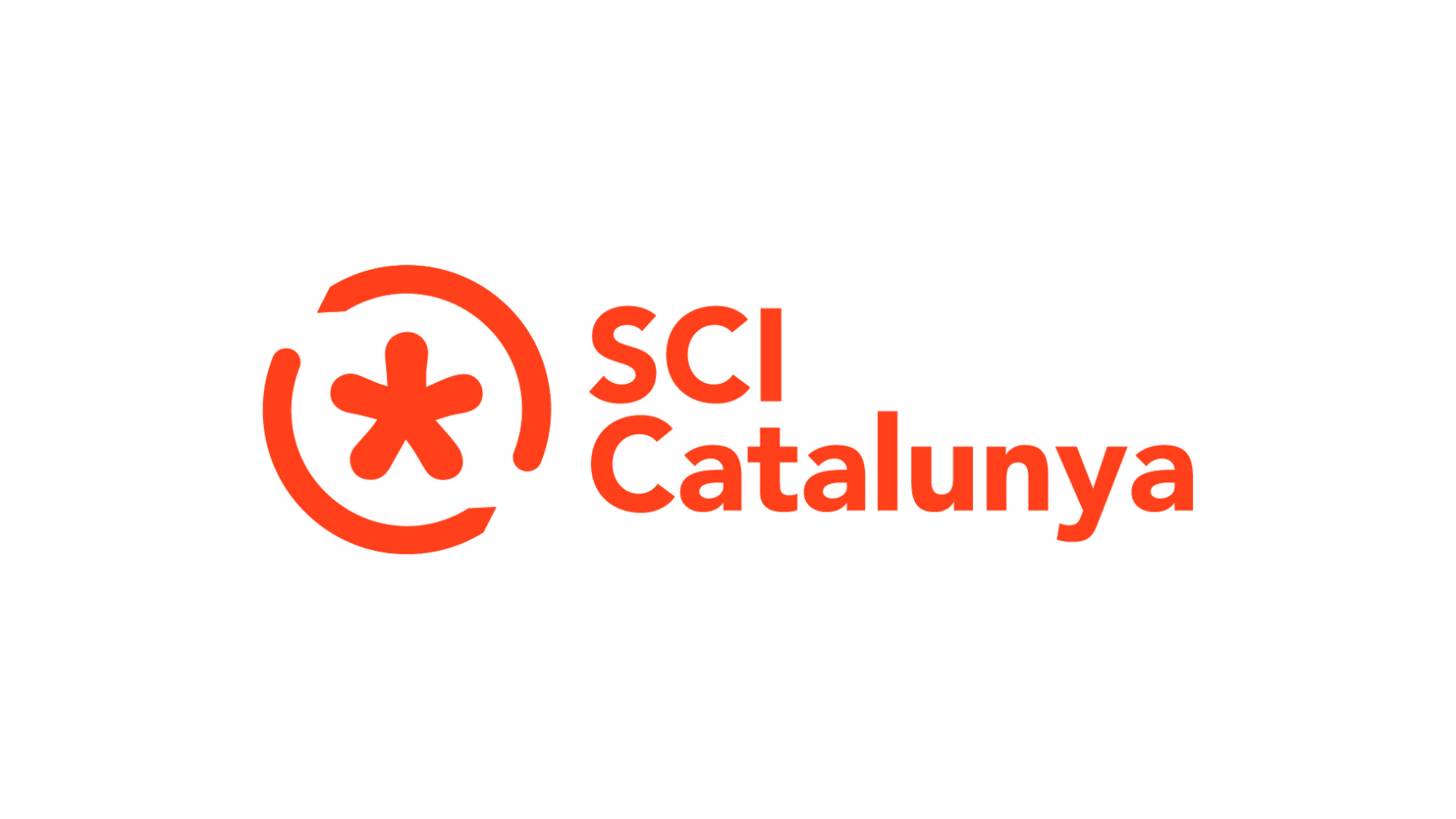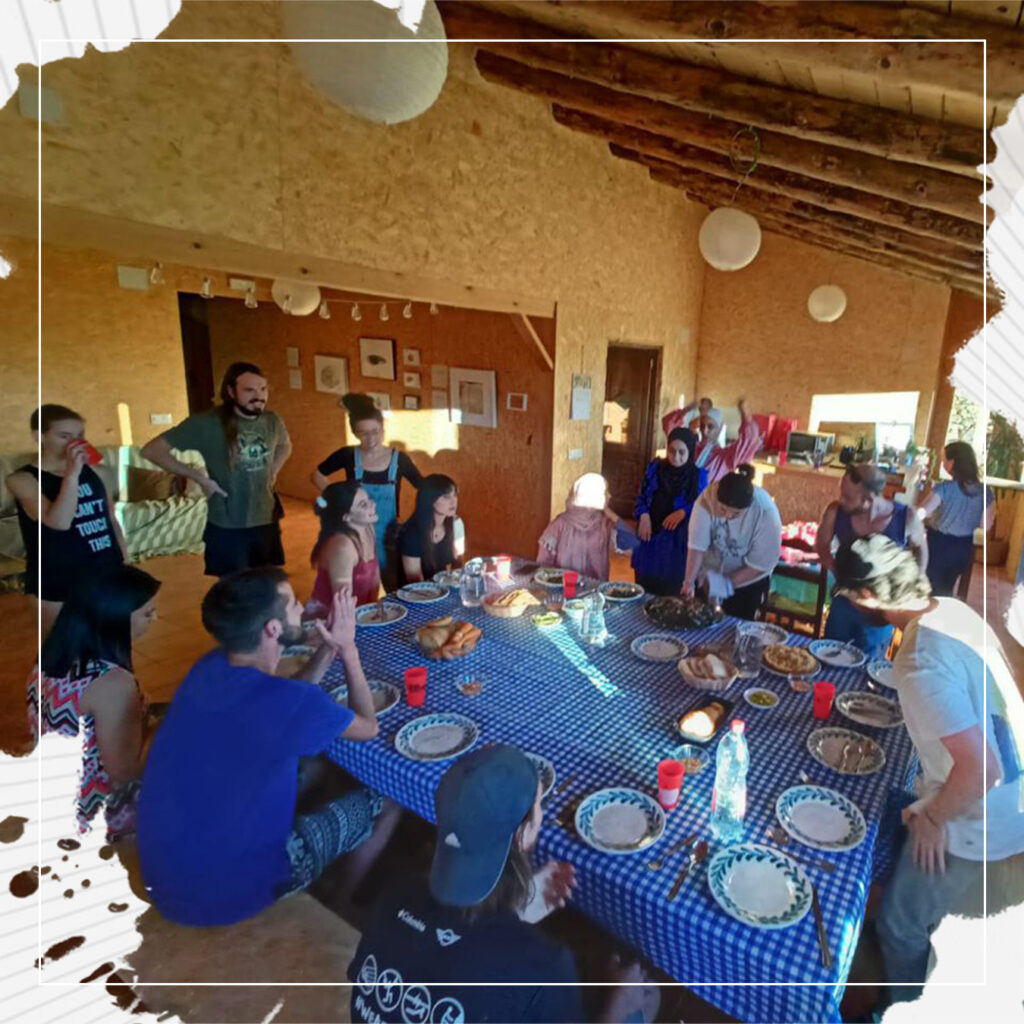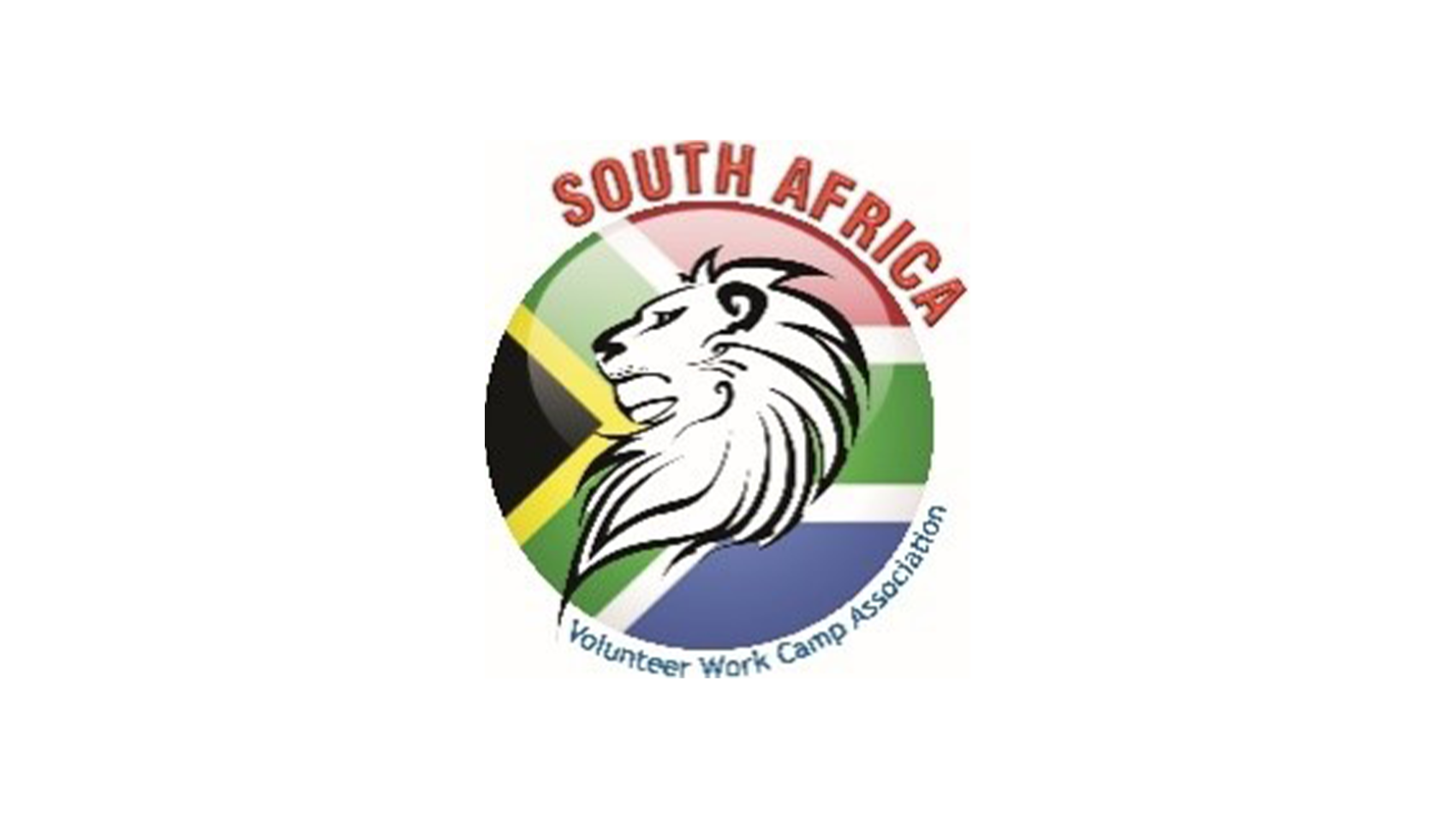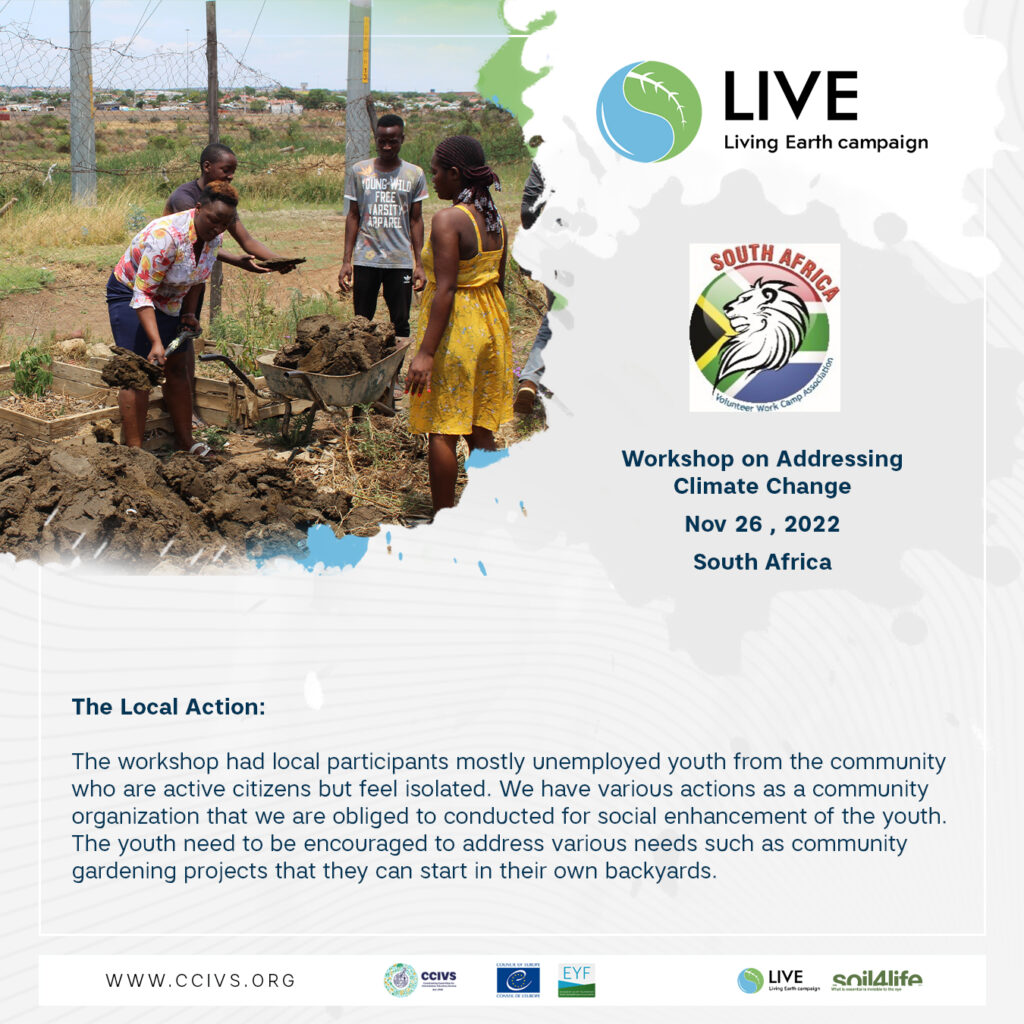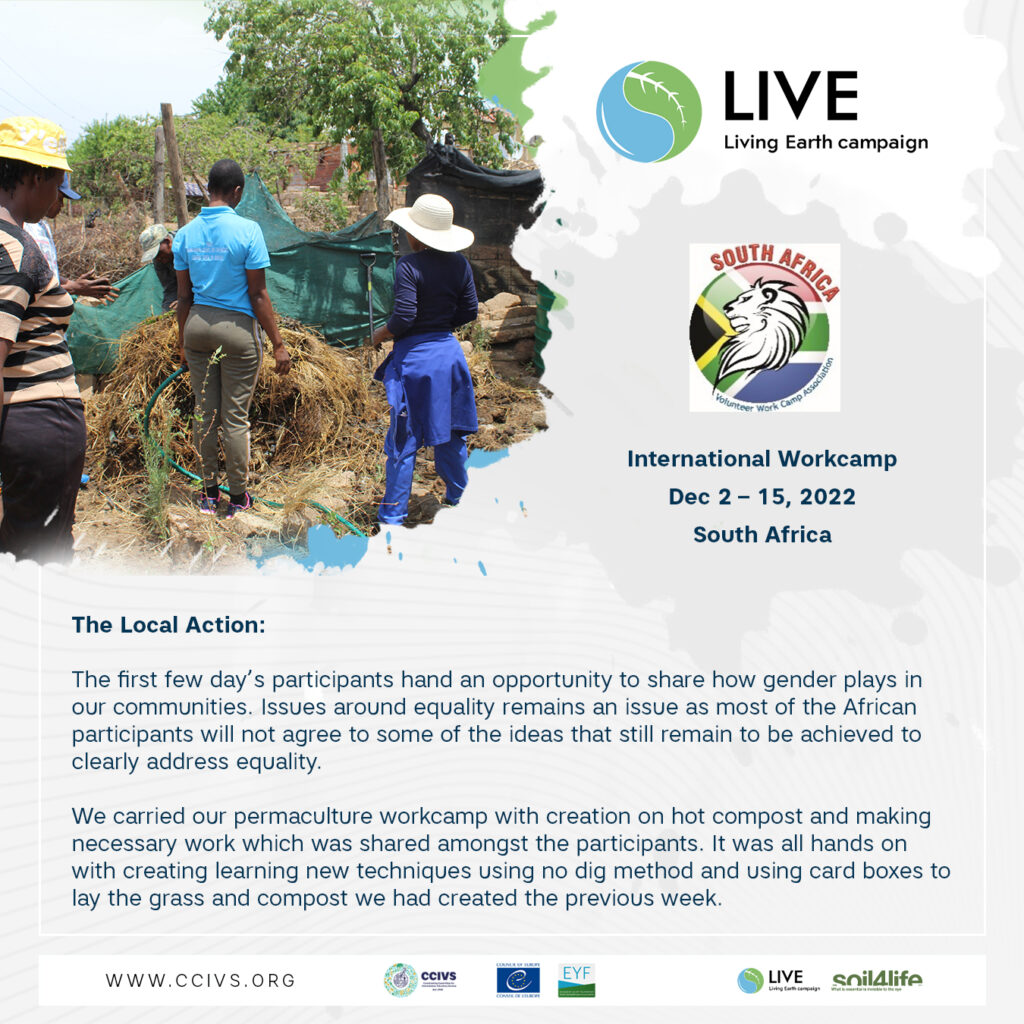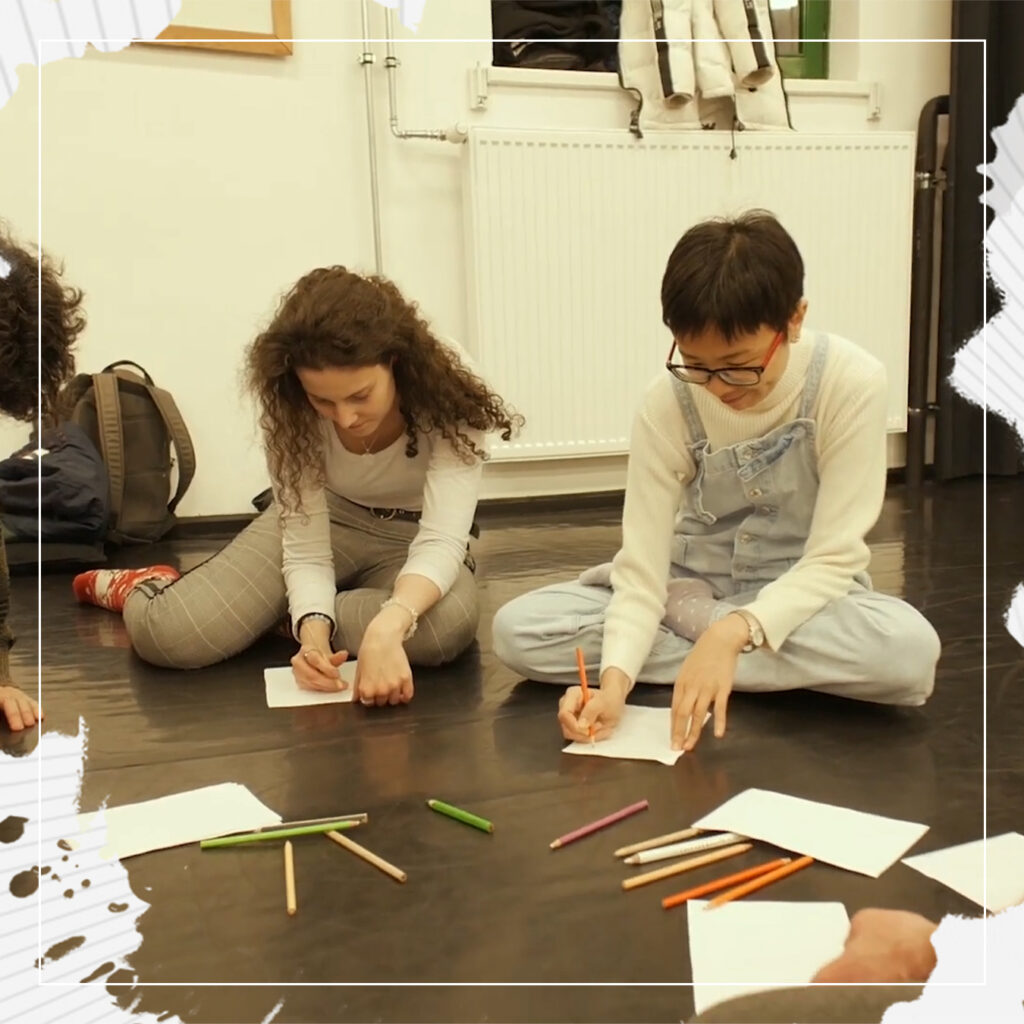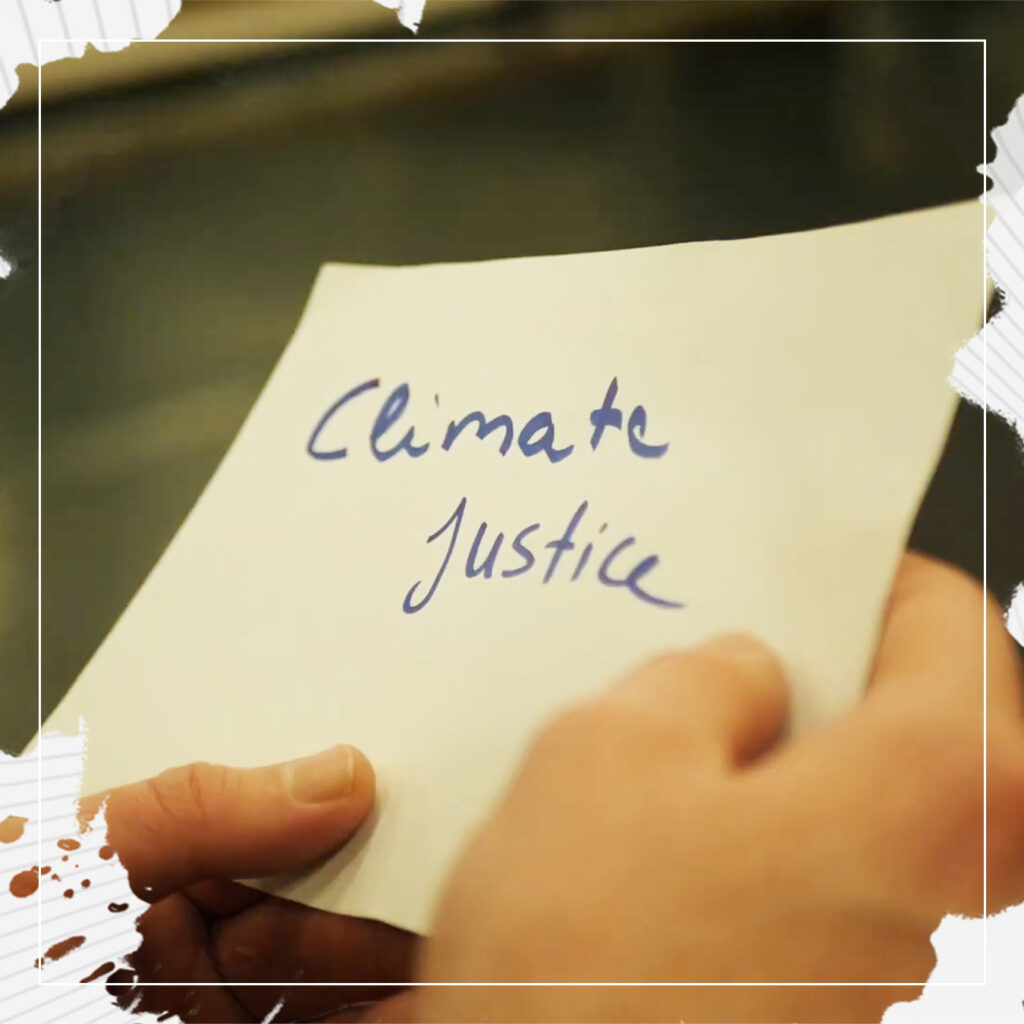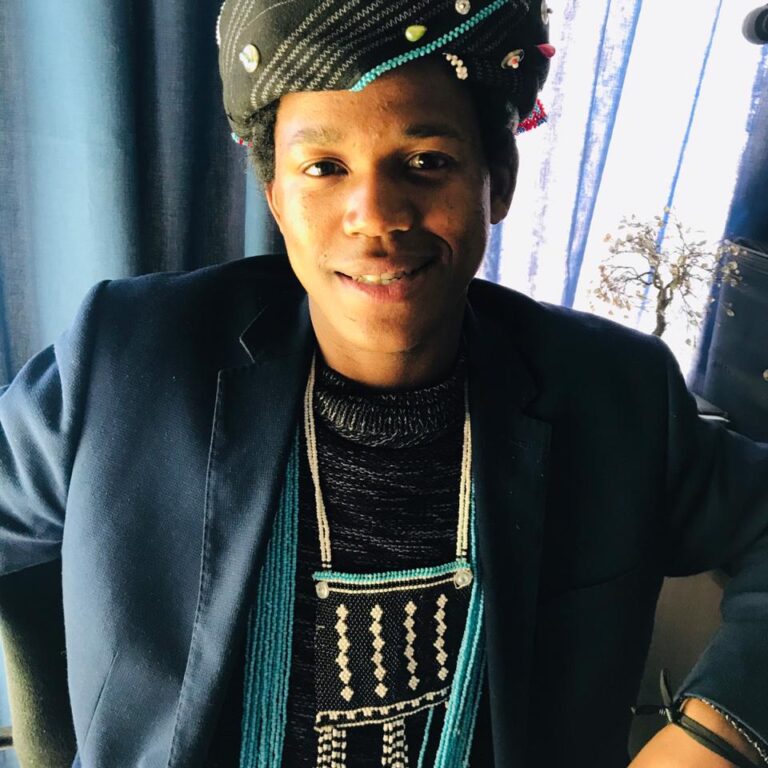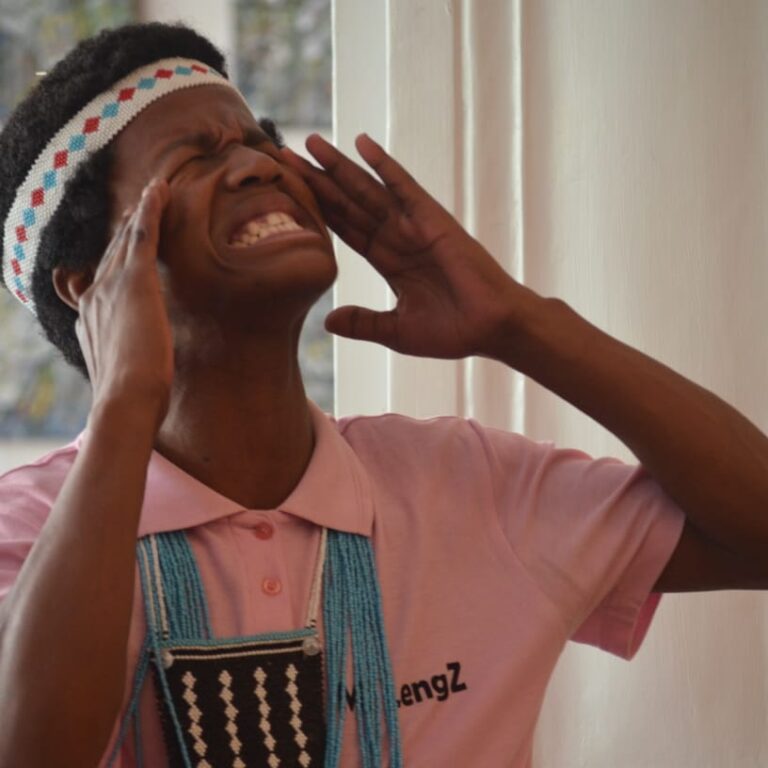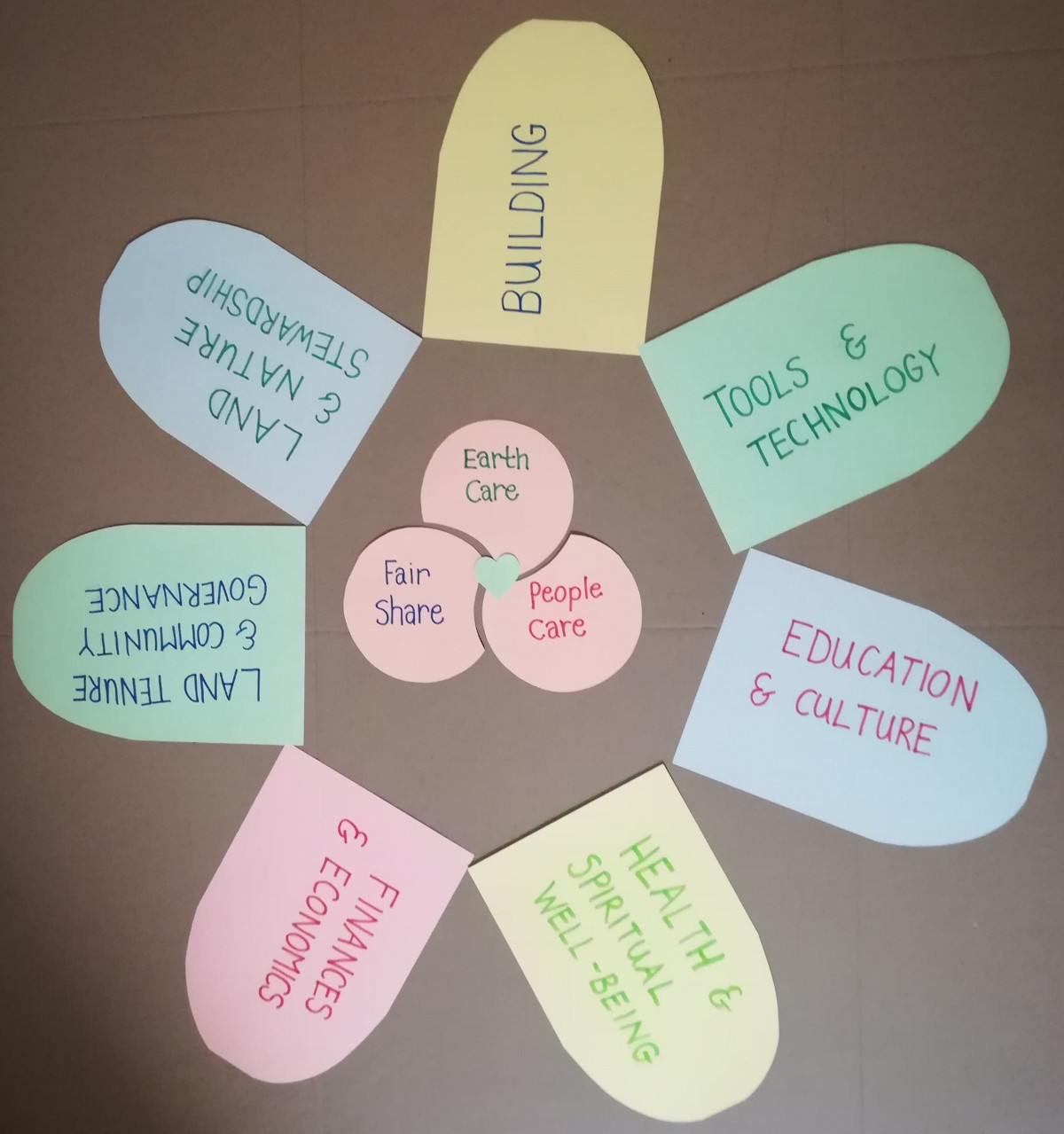Local Action Type: Workcamp
Date: Aug 12-14, 2022
Local Action Discerption:
In the heat of mid-August 2022, a diverse group of young people from Asia, America and Europe, including Britain, met together near Bradwell on Sea, on the Essex coast, at the site of an ancient Roman fortress, Othona, and a later Saxon chapel, St Peter on the Wall. We introduced ourselves and the various national volunteering organisations through which we had come to the work camp, all being members of the Coordinating Committee for International Voluntary Service (CCIVS) set up under the aegis of UNESCO in 1948 and with an office in the Paris UNESCO building. The United Nations (UN) was founded in 1945 in the aftermath of the horrors of World War II with the intention of engendering peace and cooperation between nations. Formed in 1946 with its roots in Christianity, the Othona Community dedicated themselves to peace and reconciliation both nationally and in a shattered world.
Participants heard how in 2015 the UN had moved on from the Millennium Development Goals to unanimously agree on 17 Sustainable Development Goals (SDGs) each of which was presented to the group. It was then learned how two separate European organisations, the European Union and the Council of Europe, both of which had a history of support for CCIVS, had come together to set up a European Youth Foundation that promulgated the SDGs, giving guidance to young people on their implementation. Their document gives advice on the implementation of the goals, as does the shorter summary prepared by CCIVS. CCIVS had sent out a call for members within Council of Europe countries to initiate local actions of advocacy in support of the SDGs.
Answering that call, Volunteer Action for Peace – UK (VAP), saw that with many years of striving towards economy, sustainable systems and protection of the natural environment, the Othona Community, acting as hosts to VAP’s annual workcamp, provided an ideal setting for such an action. So it was that they came together at the Community’s centre at Bradwell on Sea, to learn about the issues involved, to see how and whether they were being put into practice by Othona, and to start to think how they apply to their own lives and local circumstances.
As a pioneering wartime RAF chaplain, Norman Motley had instituted ‘Answer Back’ discussions at which young aviators with a brief life expectancy were encouraged to challenge the accepted tenets of established religion, exploring issues of suffering and division. That same spirit of challenge, but in the service of peace and reconciliation, infused the communal living of the Othona Community which he founded, bringing together families and individuals from Germany, France, Poland, Russia and the Netherlands, as well as from the United Kingdom. It was thus appropriate to formulate our study as a challenge.
With the experience of a week living in the community, the participants identified from the topics reviewed, twelve issues with which to challenge Othona, in considering how the Community’s approaches to sustainable living measured up to the goals. The headings were: (i) Energy, (ii) Food, (iii) Water, (iv) Laundry, (v) Cleaning, Maintenance and Materials, (vi) Repair, Reuse, Recycle, (vii) Transport, (viii) Education, (ix) Equality, (x) Climate Change, (xi) Soil 4 Life, (xii) Nature. Under each category there were a series of questions challenging Othona’s performance. Four groups of three participants were each allocated three of the issues. Before setting out to discover the answers, participants heard how CCIVS member work camps had a long history of activities in support of sustainability and conservation. Mariona Bonet, whose home is in Barcelona, acting as facilitator for the event and coordinator for the work camp, spoke of work camps in Italy and Serbia where they had tackled the spread of ailanthus altissima, an invasive tree species inimical to the ecology of Europe and the Americas. Another example was of turtle conservation work camps in Mexico and India. In recent years CCIVS had led campaigns for sustainable cultivation in a healthy soil, promoting permaculture and establishing Soil 4 Life activities.
Long-time member of Othona, Jonney Aldridge, having represented VAP at soil conservation events, discussed with the group the new species of birds and plants seen at Othona as a result of the past twenty years of climate change. It was agreed that while welcoming some, others were regarded as invasive and damaging to ecosystems developed over thousands of years. Outside the lecture room he led the group to a bug hotel on a hut wall. It was a home for wasps which have a role in recycling rotten wood and other waste matter. However they are not welcome inside the buildings and so the ‘hotel’ was situated on an outside wall. Further on, he showed them an area set aside by Othona for rewilding. Gesturing to the blackthorn bushes he remarked on the way that they threw out suckers which then grow into new plants. These provided shelter and habitat for wild animals, birds and insect life. He admitted that there could be a difference of opinion between those who believed that rewilding consisted of allowing nature to take its course while others thought that rewilding needed to be actively controlled. Currently, Othona was following the first option, not out of conviction but because they simply did not have the resources to manage the process.
Having had the rest of the day to research the various issues, interviewing Othona members and discovering answers for themselves, the group reconvened. One by one issues were presented and answers discussed. Othona came out with flying colours. An appreciation was evident that Othona exhibited a real commitment on all fronts and with such resources as were available. It had to function as a business at the same time as an example of sustainable community life. The discussion on Equality pondered to what extent it was acceptable for Othona to mirror the conduct of the wider society of which it was a part, or could exercise leadership by exploring different paths. A practical suggestion was made that as the community was in an isolated setting but with flat terrain, a number of bicycles might be kept and maintained for the use of members and guests. Jonney said that it had been tried in the past but they had ended up in autumn with broken muddy machines that couldn’t be ridden the following year. A further suggestion was to have a ‘bike mechanics’ week each autumn when bikes would be repaired and serviced by guests under qualified supervision.
Finally the group was joined by Richard Sanders, warden. The findings on each issue were briefly presented to him with congratulations for Othona’s achievement. Richard mentioned the guidance received from A Rocha and outlined the Community’s ambitions for further measures and developments. He mentioned that more power would be generated with the installation of a larger wind turbine but this was delayed by the necessity to obtain governmental planning permission. He promised to give thought to the idea of providing bicycles for residents and guests. Identifying ways in which their own lives and practices could align more closely with what they had discovered of Othona’s approach, members of the group expressed appreciation for the community’s commitment to sustainable living in a sustainable environment.
With thanks to The Othona Community, A Rocha.



